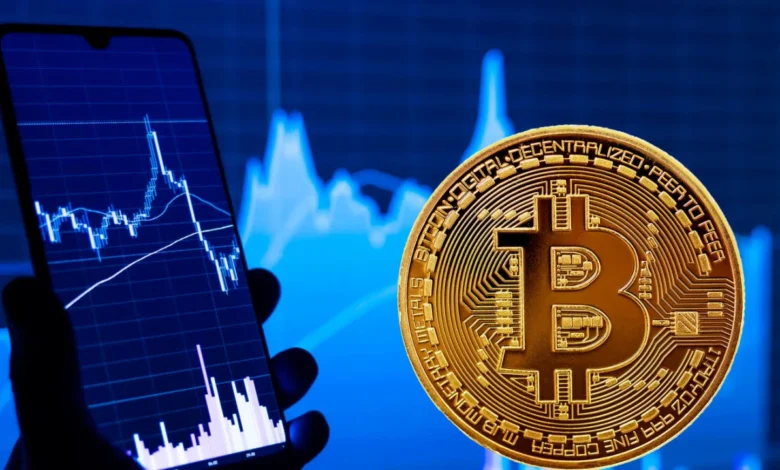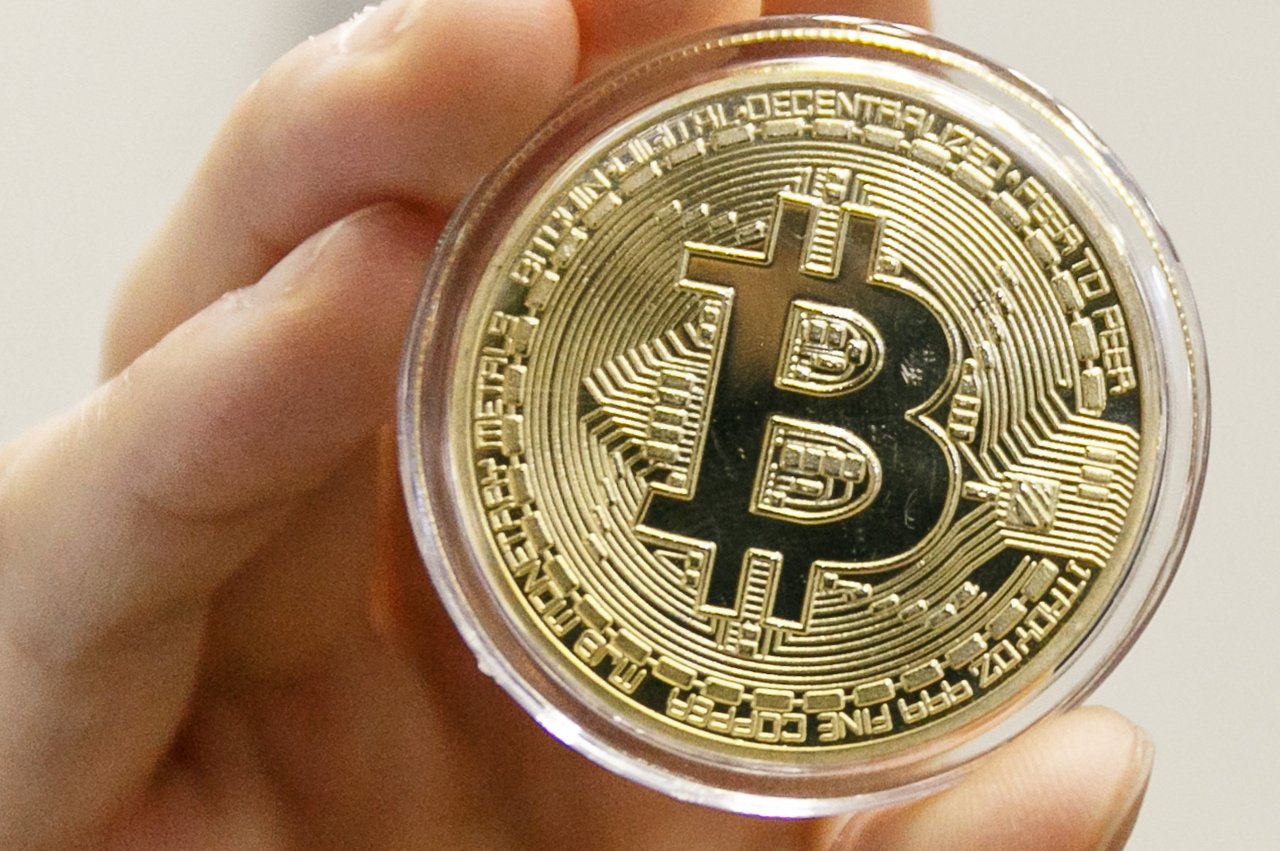$150 Million Bitcoin Transfer Impact on Market Security Regulation

In a remarkable turn of events, a $150 million Bitcoin Transfer has shaken the Bitcoin scene, particularly the main US market. Exchange community. Executed earlier this week, the deal has sparked debates on the broader consequences for the digital asset market, particularly regarding the stability, security, and regulatory scrutiny faced by the most valued cryptocurrencies.
Impact of $150 Million Bitcoin Transfer on Market Stability
Valued at $150 million, the Bitcoin move took place between two wallets connected to one of the top U.S.-based bitcoin exchanges. Approximately 5,000 BTC were transferred in this historic action, enough money to immediately attract the attention of authorities, analysts, and investors worldwide. Given the size of the transaction and its timing, the transfer has raised concerns regarding market liquidity, the reasons behind such notable moves, and how this may impact Bitcoin’s value going forward.

Traders and institutional investors constantly monitor significant transfers like these, as cryptocurrencies—especially Bitcoin—have long been known to be erratic. However, Bitcoin is sometimes praised as a store of wealth and inflation hedge; abrupt movements of such large amounts can affect the market and lead to notable changes in investor attitude. The significant $150 million BTC move serves as a sobering reminder of the enormous stakes in the cryptocurrency markets, where even slight changes can cause significant ripple effects.
Regulatory Impact on Bitcoin Exchanges
The ecosystem of Bitcoin relies heavily on U.S.-based cryptocurrency exchanges, such as Coinbase, Kraken, and Binance. Millions of users of these sites purchase, sell, and exchange Bitcoin and other digital assets, acting as gateways. With increased control over exchanges and trading activities, the US regulatory environment, particularly under the direction of authorities such as the SEC (Securities and Exchange Commission) and the CFTC (Commodity Futures Trading Commission), has become increasingly stringent in recent years.
The enormous $150 million Bitcoin transaction inside a major American exchange raises serious concerns regarding the liquidity, security policies, and operational transparency of the platform. On the other hand, given that a small number of people hold a significant amount of digital money, it could potentially raise questions regarding the centralization of Bitcoin wealth.
Impact of Institutional Interest on Bitcoin Market Dynamics
Over the past few years, institutional interest in Bitcoin has surged. The extensive Bitcoin holdings held by companies such as MicroStrategy, Tesla, and Grayscale Bitcoin Trust indicate a long-term potential for the asset. Given the volume of their portfolios, institutional investors are more prone to engage in significant transactions. Due to liquidity restrictions, these investors sometimes use exchanges to complete trades that might not be viable on distributed platforms. Particularly in light of the global financial turmoil, the relocation may also be a calculated move to offset the risks associated with other conventional assets.
Big institutional Bitcoin transactions also raise debates on market manipulation. Although Bitcoin’s decentralised character makes direct market manipulation harder to detect, significant transactions can have a disproportionate impact on market values.
Security Challenges in Large-Scale Bitcoin Transactions
Regarding the distribution of such large amounts, security takes center stage. Since Bitcoin transactions are permanent, once the money is transferred, it cannot be taken back without the permission of the receiving party. This feature has led to a closer examination of the security procedures employed by wallets involved in large-volume transfers and exchanges.

Users and investors are growing increasingly conscious of the dangers associated with digital assets, as cryptocurrency breaches have made headlines in recent years, including the infamous Mt. Gox exchange hack in 2014 and more recent attacks on platforms like KuCoin and Bitfinex. Given this background, the $150 million Bitcoin move raises questions about the strength of the security systems at major American exchanges.
Leading exchanges have strengthened their security systems, utilising cold storage systems, multi-signature wallets, and even conducting security audits to ensure user fund protection and mitigate these risks. However, as the volume of single transactions increases, so does the potential payoff for hackers attempting to exploit system weaknesses.
Regulatory Challenges and Institutional Influence on Bitcoin Markets
The abrupt and significant movement of Bitcoin within a major American exchange also highlights the growing importance of control in the cryptocurrency market. Particularly focused on controlling digital assets, the USS. The Securities and Exchange Commission (SEC) has sought strategies to apply securities regulations to corporations engaged in bitcoin trading.
The $150 million move might trigger further investigation of transactions to ensure they are not supporting activities deemed illegal under US law. Finance laws. This could result in stricter regulations on know-your-customer (KYC) compliance and anti-money laundering (AML) measures, thereby influencing the way exchanges operate. Simultaneously, it could lead to more pressure to define Bitcoin as a security or commodity with more exact criteria.
Notwithstanding the uncertainty, institutional acceptance and more thorough regulatory control will undoubtedly continue to shape the landscape of Crypto Markets. The $150 million Bitcoin transaction marks the latest in a series of incidents underscoring the growing general acceptance of Bitcoin and related technology.
Final thoughts
Particularly considering major U.S. exchanges, the $150 million Bitcoin move marks a turning point in the continuous development of digital assets. It emphasizes how institutional players, security policies, and government inspection will progressively influence the direction of the bitcoin market.
Large-scale transactions like this one will likely become more prevalent as Bitcoin matures as an asset class, thereby further validating the cryptocurrency ecosystem and raising new security, market volatility, and regulatory concerns. For now, the $150 million Bitcoin transfer serves as a sobering reminder of the significant stakes involved in this digital financial revolution and the need for a thorough evaluation of the opportunities and risks that lie ahead.




